Giordana Ferri, FHS – Social Housing Foundation
Ezio Manzini, DESIS Network
The theme
The “15 minutes city” is a city that offers itself as a platform where everything you need and everything you need to do every day is just a few minutes’ walk from where you live. It therefore becomes, in effect, a territory to be inhabited: a dwelling that extends from the residence to the neighborhood and to the various activities and services that can be found in it. And, for this reason, it proposes a vision of contemporary living based on a new idea of proximity and the values it can bring with it.
Originally, the idea of the “15 minutes city” was motivated by ecological, social and economic reasons. Today, the Covid19 catastrophe is teaching us that social resilience and urban regeneration must be built starting from a new idea of living and proximity. Which is exactly what characterizes the “15 minutes city”.
The “15 minutes city” is built by linking various programs on a local scale. Those relating to kindergartens, schools and social and health assistance centers, first of all. And then: greenery, the provision of public spaces and mobility. But also job opportunities: both those brought about by the territorial redistribution of online work, and those produced by the revitalization of traditional craft and industrial activities that still exist in the city, and their integration with the emerging experiences of digital crafts.
The conference
At the center of the conference is the “15 minutes city” theme understood as an extended inhabiting space based on an idea of hybrid proximity. A proximity in which the private residence connects in a fluid and continuous way with the public space and with a multiplicity of activities and services. A proximity thanks to which the neighborhood is open to the entire city and the world; and in which everyday life can be consistent with the values and practices that the environmental and social crisis require us to adopt.
Starting from here, the meeting discusses what are the governance and planning skills that are needed. And it does so by comparing the cases of some European cities where the experiences of social and urban innovation on which the proposal of the “15 minutes city” is based have been particularly relevant: Barcelona, Copenhagen, Paris and Milan.
If you are interested to participate at the development of the program of this conference, you can leave us a comment or a suggestion in the following section “contributions”.
PROGRAMME
Moderator:
Ezio Manzini, DESIS Lab
City and proximity. A comparison between experiences: Paris, Barcelona, Copenhagen and Milano
Salvador Rueda, Agència d’Ecologia Urbana, Barcellona
Birgitte Bundesen Svarre, Gehl Architects, Copenhagen
Carlos Moreno, Université Paris 1 Panthéon-Sorbonne I IAE, Parigi
Pierfrancesco Maran, Councillor for Urban Planning, Green and Agriculture, Municipality of Milano
Cristina Tajani, Councillor for Labour Policies, Production Activities, Trade and Human Resources, Municipality of Milano
Moderator:
Giordana Ferri, FHS – Social Housing Foundation
Round table:
Stefano Boeri, President Fondazione Triennale Milano
Davide Fassi, Professor of Design, Politecnico di Milano
Carolina Pacchi, Politecnico di Milano, Architecture and Urban Studies
Michele Talia, INU President
Discussion
Italiano
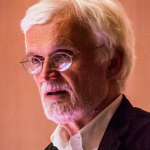
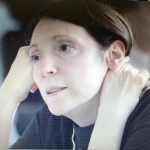
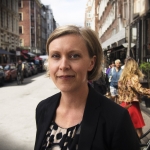
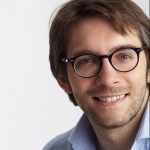
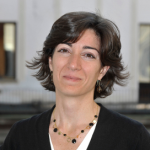
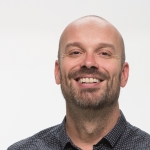

Contributions